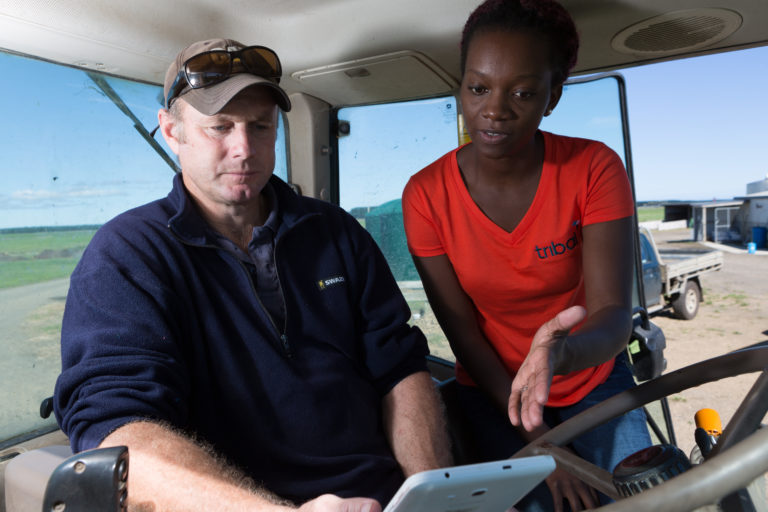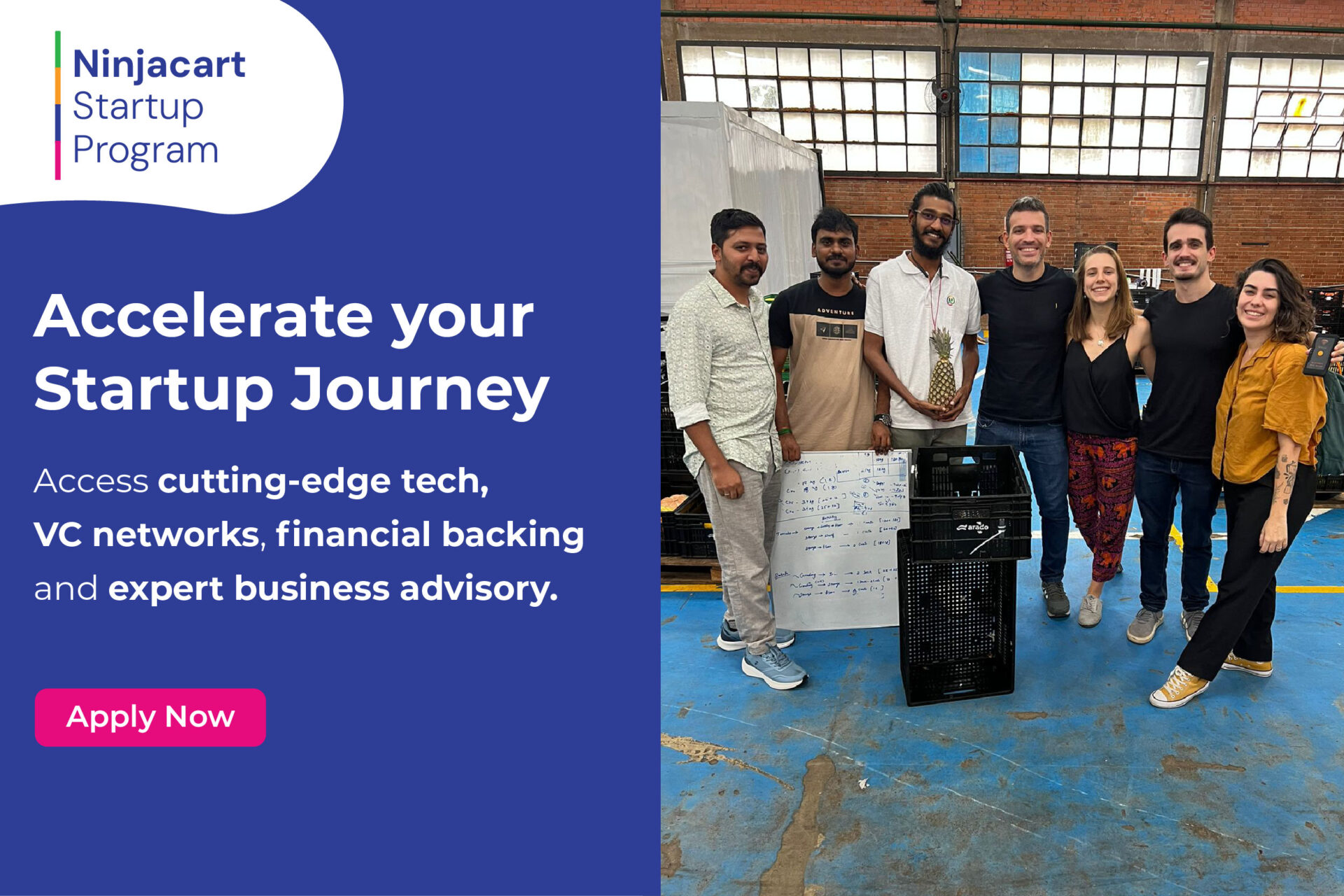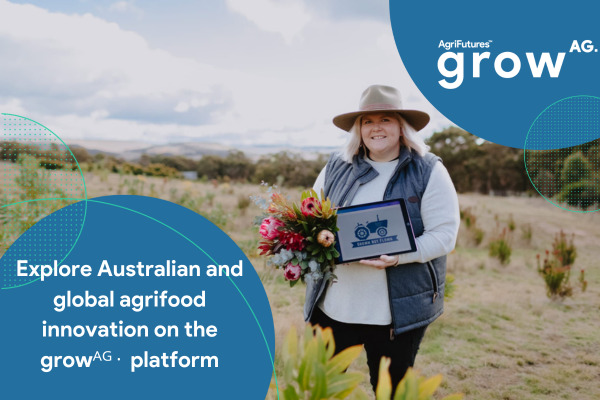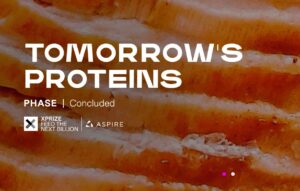For most agritech startups, earning a competitive slot at an accelerator can make or break a burgeoning company. As agritech has solidified its spot among venture capital investors, countless accelerators and incubators have popped up to help provide eager investors with a seemingly endless conveyor belt of new companies.
“Eight years ago, there were many fewer accelerators in the world and it was quite a new concept. As it has evolved, you have seen a proliferation, but also differentiation,” Jonathan Good, business strategy advisor for Sprout Accelerator, tells AgFunderNews. “Some of them have a strong value proposition and there are also a lot of copycats.”
And while the boon in popularity of agtech has provided many benefits to the space, it has brought some obstacles along the way.
“In more recent years, I have seen a spotlight that’s been put on agtech and a lot of inquisitiveness, but not necessarily the understanding from people about what the space is and what we are doing and the potential of what could come of the space,” adds Stu Bradbury, business strategy advisor for Sprout.
What’s the best way to protect yourself against the noise and misunderstanding in the space? Find an edge that makes you different.
For Sprout Accelerator, the path to separating itself from other accelerators in the game wasn’t necessarily an intentional one.
According to Bradbury, its unique approach to selecting and launching New Zealand-based agtech startups was largely the product of the island nation’s tightly knit community and isolation from the rest of the world.
“When New Zealand was colonized, we were so far away from anywhere else that we had to figure out our own way to do things, fix things, and make things work. So, as a result of our very small population of people and companies we’ve had to figure out what value we have and how to best offer value to the those companies. We don’t have the luxury of millions and millions of people coming up with ideas,” says Bradbury.
The Sprout Difference
Some might think that the smaller population would limit startup acceleration, but for Bradbury and Good the smaller community has allowed them to cultivate deep connections with key players. This includes the New Zealand government, which invests in the accelerator, alongside major corporations including dairy giant Fonterra and electric fencing powerhouse Gallagher.
“Our networks are so tied in that in that it’s easy for us to go to our corporates and partners and ask them what they are looking for,” says Bradbury. The same network exists on the customer end of the spectrum as well. Bradbury and Good both have deep ties to the agricultural world having founded and successfully sold agtech companies.
And while these network connections are helpful when it comes to mentoring and idea development, they also provide perhaps the most critical piece of Sprout’s approach: pathways to distribution.
“First and foremost, Sprout is about distribution,” says Good. “We are fortunate to have incredibly successful, globally-oriented agriculture and horticulture businesses who have touch points around the globe. Because of our relationships with them, we can enable startups to access distribution in many geographies while also thinking globally and accessing global distribution.” In a historically fragmented industry like agriculture, having your hands on so many touch points is a unique attribute with serious value.
The six-month program bears some similarities to other accelerators, offering regular check-ins with mentors and block courses taking place over weekends that feature guest speakers and expert execution advice.
But where some accelerators provide a regimented approach to programming and the resources that they offer, the Sprout team takes a more cohort-centric approach.
“We really tailor our offering to the cohort that we are working with at the time, including what their needs are and what they need help with. We tailor things as we go,” says Bradbury. “If they need investors then maybe we end with a pitching event. If they need contacts with potential customers and other companies that could be good partners then we might end up taking them to an international trade show. We are always experimenting with how we can create more value for the cohort, our partners, New Zealand, and global agriculture.”
Making the Cut
So, what does it take to tap into Sprout’s distribution-focused and tailored program? It isn’t enough to just have a cool technology, says Good. Farmers are reluctant to dish out their hard-earned cash for fancy toys that haven’t proven their usefulness or ability to add value to an operation.
“We focus on monetization because you might think you are making something that people really want and they might tell you that they love your product, but when they have to put their hand in their pockets and pay you, that’s when you really find out whether you are adding value,” he explains.
Sprout takes a case-by-case approach to cracking the monetization issue, working with each individual startup to understand who its customers are and how the product fits into their businesses. One key factor that always seems to be part of Sprout’s monetization playbook, however, is making sure that the startups are listening to their customers and integrating feedback.
“If a company can’t articulate a value proposition at an early stage, or even an idea that I can derive a value proposition from, then we are really stuck,” adds Bradbury. “If you are applying to Sprout and looking for acceleration show us evidence of what you are achieving on your own and the rate at which you are achieving stuff. Investors aren’t looking for people looking for capital, they are looking for people who are on the road.”
In his experience, the companies that investors are most eager to entice are often the companies who are hesitant to bring on new capital because they are so confident in what they have.
New Horizons: Exploring Startups from Abroad
With three cohorts under its belt, Sprout has set its sights on attracting applicants from abroad. Bradbury does not view foreign startups as a threat to New Zealand’s business ecosystem. Instead, he sees it as an opportunity to identify technologies that could be beneficial to his homeland.
“We’ve got strong areas like dairy, livestock, and kiwifruit that create a lot of value out of New Zealand, however we might not have that many people developing new technology for that sector,” he explains. “It’s a win-win if we are able to find them overseas because they now have access to our connections and markets.”
On a recent tour of New Zealand visiting some of Sprout’s corporate partners and gaining insights into different agriculture-related sectors, Teralytic CEO Steven Ridder commented “Being hosted by Sprout gave me insight into how many parts of New Zealand’s agri sectors work, with direct connection to the people that would otherwise have taken me months to find and connect with. Sprout offers true acceleration on a new level that money alone can’t buy”.
Apply for the 6-month program here before October 31, 2018.
*This article is sponsored by Sprout Accelerator, an AgFunder Network Partner. Find out more here.
















